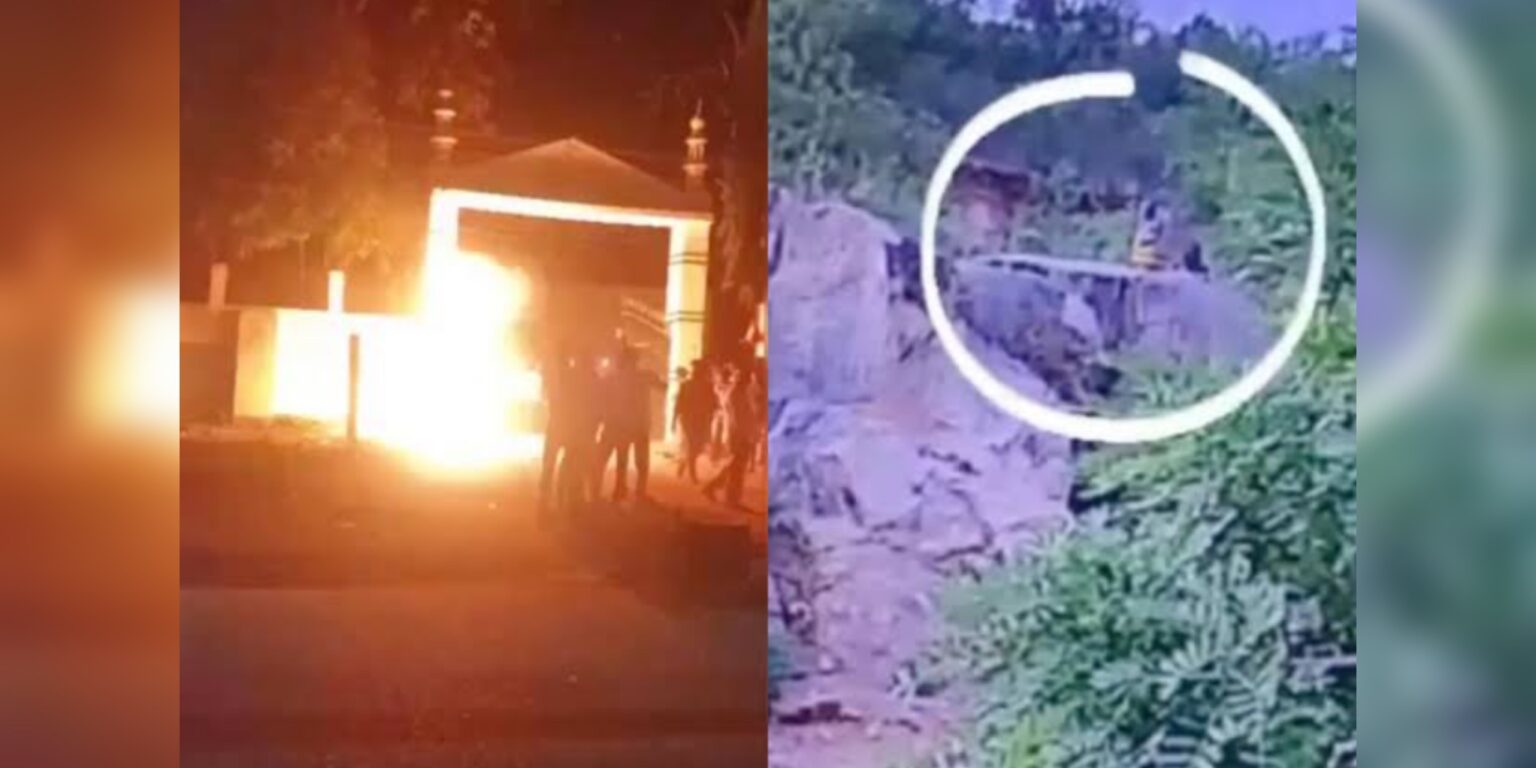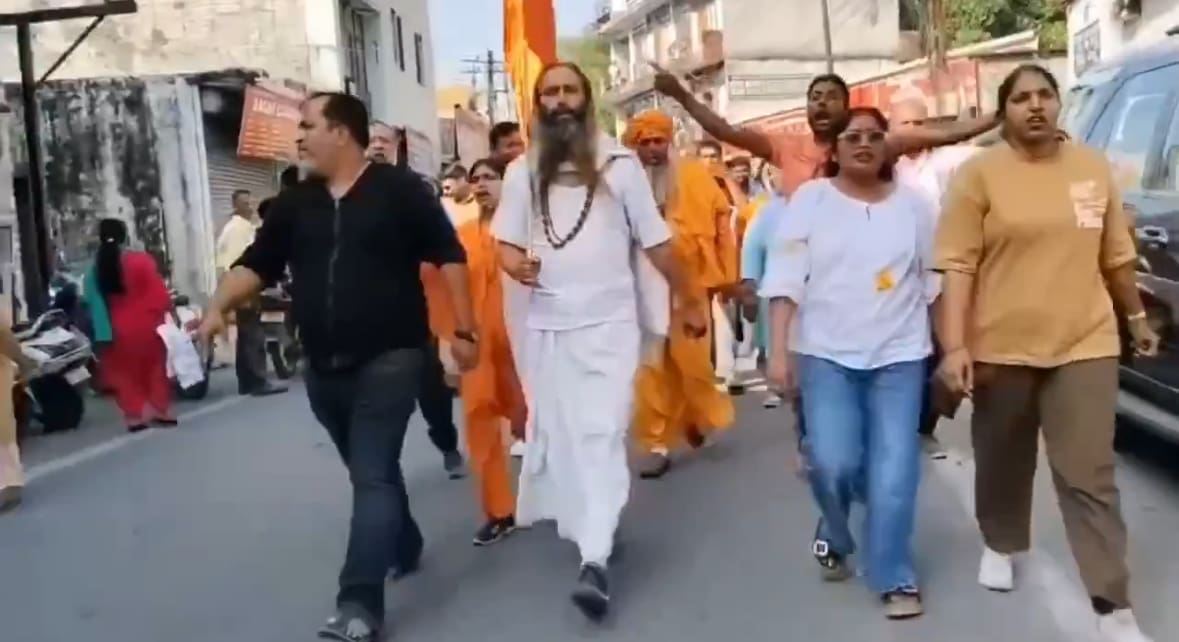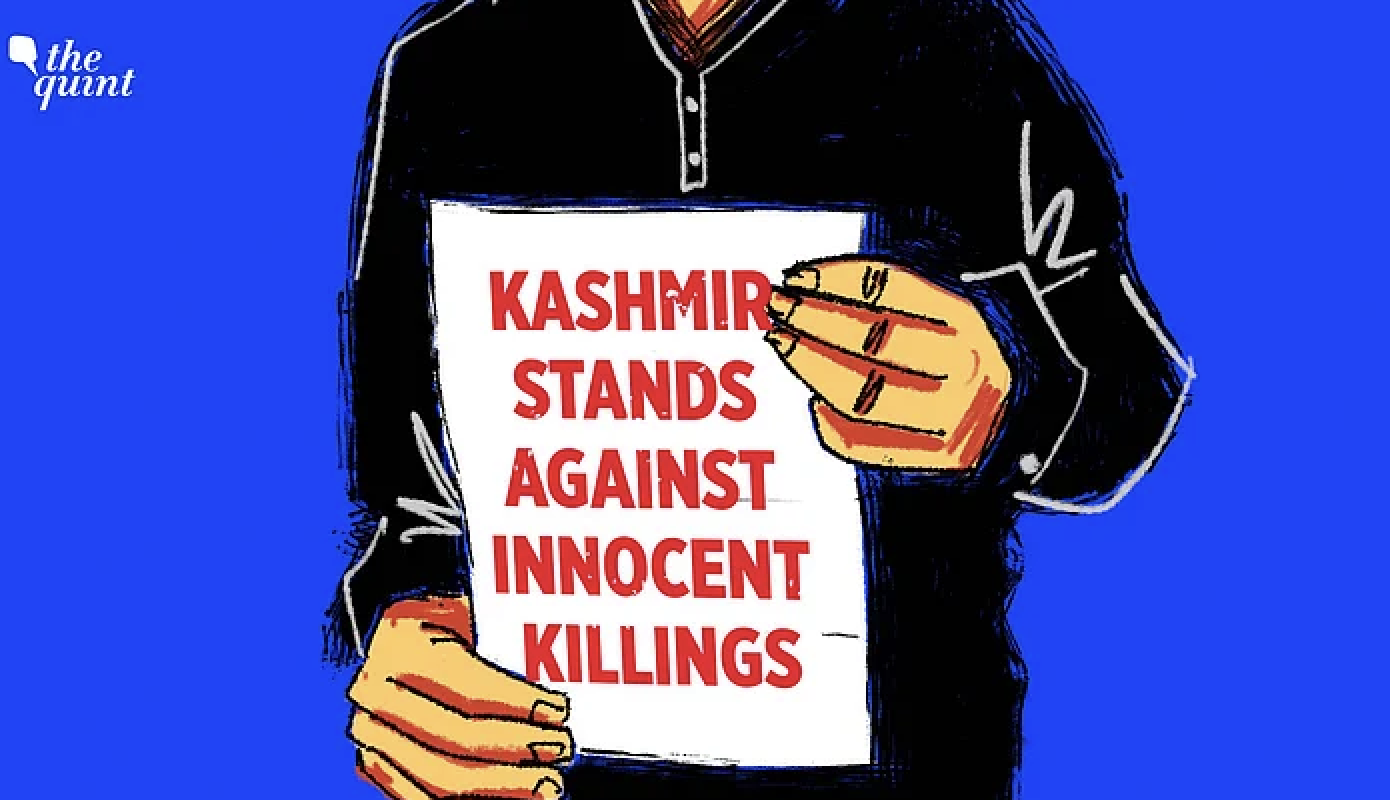
Since Indian Prime Minister Narendra Modi began his second term in 2019, he has pursued policies that have corroded the country’s democracy. His government has abused existing legislation to squelch dissent, misused investigative agencies to pursue dubious charges against political opposition, and created detention centres designed to hold those who cannot prove their citizenship status—with disproportionate effects on Muslims. Through multiple measures, Indian democracy is in a state of precipitous decline.
The overwhelming victory of the ruling Hindu nationalist Bharatiya Janata Party (BJP) in the last national elections accelerated this process. Armed with a clear parliamentary majority, Modi’s government has implemented legislation that raised questions about its commitment to democratic principles. The August 2019 decision to rescind Indian-administered Kashmir’s special status did not follow constitutional procedure, and the Citizenship Amendment Act passed in December 2019 aided religious minorities from neighbouring countries but excluded Muslims, although many sects face repression in Afghanistan and Pakistan.
Meanwhile, Modi and the BJP have used the draconian Unlawful Activities (Prevention) Act, originally passed in 1967 and recently amended, to clamp down on legitimate dissent. Among other provisions, it allows the state to designate an individual as a terrorist without providing corroborating evidence. Some opposition politicians have also alleged that India’s premier investigative agencies, the Central Bureau of Investigation and the Directorate of Enforcement, are involved in settling political vendettas.
Since Indian Prime Minister Narendra Modi began his second term in 2019, he has pursued policies that have corroded the country’s democracy. His government has abused existing legislation to squelch dissent, misused investigative agencies to pursue dubious charges against political opposition, and created detention centres designed to hold those who cannot prove their citizenship status — with disproportionate effects on Muslims. Through multiple measures, Indian democracy is in a state of precipitous decline.
The overwhelming victory of the ruling Hindu nationalist Bharatiya Janata Party (BJP) in the last national elections accelerated this process. Armed with a clear parliamentary majority, Modi’s government has implemented legislation that raised questions about its commitment to democratic principles. The August 2019 decision to rescind Indian-administered Kashmir’s special status did not follow constitutional procedure, and the Citizenship Amendment Act passed in December 2019 aided religious minorities from neighbouring countries but excluded Muslims, although many sects face repression in Afghanistan and Pakistan.
Meanwhile, Modi and the BJP have used the draconian Unlawful Activities (Prevention) Act, originally passed in 1967 and recently amended, to clamp down on legitimate dissent. Among other provisions, it allows the state to designate an individual as a terrorist without providing corroborating evidence. Some opposition politicians have also alleged that India’s premier investigative agencies, the Central Bureau of Investigation and the Directorate of Enforcement, are involved in settling political vendettas.
These disturbing developments provide the backdrop for Christophe Jaffrelot’s latest book, Modi’s India: Hindu Nationalism and the Rise of Ethnic Democracy. With some notable exceptions, books about Modi and his government have tended toward hagiography. Jaffrelot, a noted scholar of contemporary Indian politics, departs from these accounts. In the process, he argues that unless current trends are checked, India may become an ethnic democracy—a majoritarian state with scant regard for the rights of religious minorities, especially Muslims.
Jaffrelot deftly traces Modi’s dramatic rise from a foot soldier of the paramilitary Rashtriya Swayamsevak Sangh (RSS)—a close affiliate of the ruling BJP—to the chief minister of Gujarat in 2001 and then the national political stage 2014. Modi’s India is novel in the sheer wealth of detail it amassed about the trajectory of Modi’s early career and his skilful use of social media. Jaffrelot illustrates the prime minister’s single-minded quest to dismantle what remains of India’s secular norms, relying on a hollow but highly effective populism to keep voters in his thrall. By the end, his characterization of India as a state veering toward ethnic democracy feels entirely apt.
As chief minister of Gujarat, Modi adopted business-friendly policies that led to a surge of economic growth at the cost of social equity. Perhaps more significantly, he carefully forged a bloc of Hindu voters, even while drawing international condemnation. In 2002, after a deadly attack on Hindu pilgrims by Muslim vendors at a railway station in Gujarat, Modi allegedly condoned a three-day anti-Muslim pogrom across the state. (An investigative team appointed by India’s Supreme Court later failed to find sufficient evidence to implicate Modi.) He deftly turned this dark episode to his advantage, relying on his charisma and a sophisticated public relations campaign.
Modi faced withering criticism in the wake of violence both at home and abroad: The United States even denied him a visa. But he cast himself as a beleaguered outsider and portrayed Muslims in the state as a potential fifth column for Pakistan. In rallies and speeches, he insinuated that he alone could protect Gujarat residents from terrorist threats emanating from Pakistan and appealed to regional identity to build support. Jaffrelot shows how Modi expanded on a common populist trope during his time as chief minister, cultivating a plebeian image that emphasized his humble personal background, harping on his childhood experience selling tea at a railway station.
Since rising to national office, Modi has relentlessly pursued a populist agenda. During his first term as prime minister, he launched a series of social programs ostensibly designed to lift up India’s poor and dispossessed. One massive initiative sought to end public defecation and dramatically improve municipal services, such as waste disposal and garbage collection. Despite the fanfare and considerable cost, Jaffrelot argues the results have been far from exemplary. Some of Modi’s other schemes, such as the provision of mobile debit cards to grant poor people access to credit, have fallen far short of grandiose promises.
Meanwhile, Modi has sought to bypass and undermine existing institutional checks on executive political power. As prime minister, he made concerted efforts to undermine the judiciary’s independence, including India’s Supreme Court. In 2014, when the Supreme Court—in keeping with precedent—asked Modi to appoint four specific judges, his government declined to greenlight one name: Gopal Subramanium, who was appointed as a friend of the court in a case involving criminal charges against Modi ally Amit Shah.
Jaffrelot also details Modi’s systematic assault on India’s free press, including resurrecting practices from the 1970s, when then-Indian Prime Minister Indira Gandhi declared a state of emergency that curbed civil liberties. The current government, a major print media advertiser, has withheld ads from newspapers that criticized Modi and the BJP. It has also used existing provisions in the penal code — many dating back to the British colonial era — to silence journalists who have provided honest but critical coverage of the government and its policies. For example, one journalist in Uttar Pradesh has languished in prison under the draconian Unlawful Activities (Prevention) Act for reporting on a gruesome rape case.
Perhaps the most disturbing feature of Modi’s second term is the concerted government effort to marginalize India’s Muslim minority. Jaffrelot provides a distressing set of accounts of this effort, from the BJP limiting Muslim electoral representation to the blatantly partisan use of the police to cow dissent. According to survey research by Common Cause and the Lokniti Programme for Comparative Democracy, 64 percent of Indian Muslims report they are fearful of the police. As Jaffrelot writes, Muslims have been repeatedly and dubiously implicated on a variety of terror charges only to have courts dismiss them due to a lack of suitable evidence. But growing politicization of the judiciary makes this trend particularly worrisome.
Jaffrelot concludes these signs are ominous for India’s democracy—let alone the political opposition’s general weakness. The evidence he has amassed in Modi’s India is persuasive. However, BJP supporters will likely dismiss it by pointing to the adulation that greets Modi overseas, the pride he has restored among Indian citizens, and the prosperity that is just around the corner. Without sustained economic slowdown or social unrest in India, Modi will remain on a roll.
Given India’s global economic and strategic importance, few national leaders have spoken out strongly against Modi’s government. Although his administration has bounced back from past assaults, taking comfort from the past may prove to be a slender reed the hopes for a democratic renewal to rest on. Unless India’s civil society, press, and regional politicians push back, it could be reduced to democracy in name only.
This story first appeared on tbsnews.net






